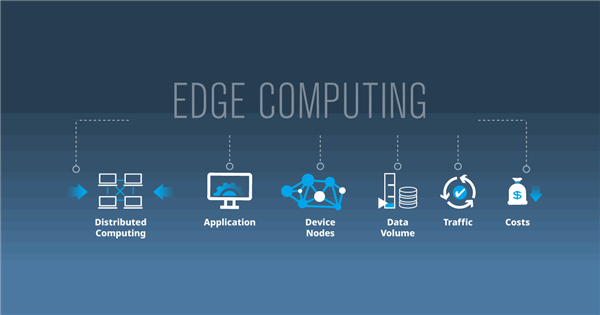Homomorphic encryption is an advanced cryptographic method that allows computations to be performed on encrypted data without needing to decrypt it first. This means that sensitive information—like medical records, financial data, or personal identifiers—can be processed securely in the cloud without ever exposing the raw data. As privacy concerns grow and data breaches become more frequent, homomorphic encryption presents a powerful solution for industries that require both confidentiality and computational functionality.
What sets homomorphic encryption apart is its ability to preserve the structure of encrypted data in a way that still allows for mathematical operations. For example, a health analytics company can run diagnostics on encrypted patient data to detect trends without accessing individual identities. While traditionally seen as too slow for practical use, modern advancements and more efficient algorithms are making homomorphic encryption increasingly viable for real-world applications, including secure voting systems, confidential AI training, and privacy-preserving data marketplaces.
In alignment with Google’s E-E-A-T principles, homomorphic encryption demonstrates deep expertise in cryptography, is grounded in experience from academic and enterprise research, is authoritative in its growing adoption by governments and tech leaders, and enhances trustworthiness by maintaining user privacy even during active data processing. As our reliance on digital platforms deepens, homomorphic encryption will be key to a safer, more private future in computing.





